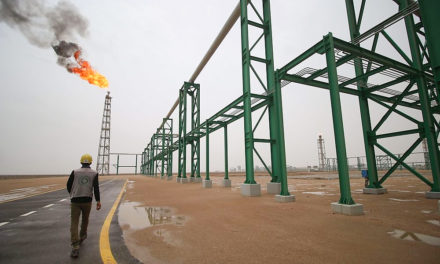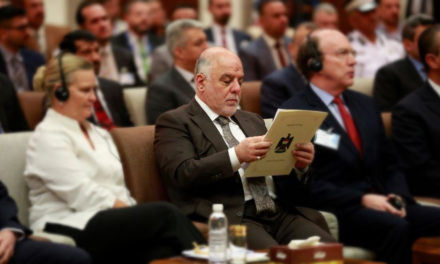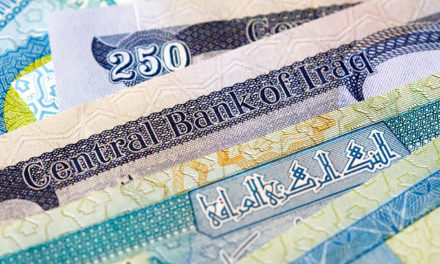The passing of Iraq’s 2015 federal budget marked a key economic milestone for the country. At its core, the breakthrough represented a key political milestone given the failure of Iraq’s political blocs to reach agreement on last year’s budget.
Here are the key takeaways from the budget law:
– Total budget: $105 billion
– Total revenues: $83 billion
– Total revenues from oil: $69 billion – represents 83% of total revenues
– Based on average oil price of $56 per barrel at exports of 3.3m b/d including 250k b/d from Kurdistan Region and 300k b/d from Kirkuk (as part of the Baghdad-Erbil oil deal).
– Investment budget: $37 billion equates to 35% of total budget
– Deficit: $22 billion
Non-oil revenues include:
– 20% tax on mobile phone prepaid cards and internet
– 15% tax on private imports of automobiles
– 15% tax on airline tickets
– 300% tax on cigarettes and alcohol
Loans to cover deficit:
– $4.5 billion from IMF
– $1.8 billion SDR loan
– $2 billion from World Bank including $355m allocated to Ministry of Construction and Housing
– $500 million from Islamic Development Bank
Internally Displaced People
– $2.1 billion total – families paid on monthly basis
– Reconstruction fund for areas afflicted by ISIS: $440 million
Decentralization
– 17% of budget allocated to Kurdistan Region
– $3.4 billion for reconstruction and development projects in regions and provinces
– Allocation of 2 petrodollars per barrel for oil-producing provinces
– $458 million additional allocation to Basra for reconstruction

Ali Hadi Al-Musawi
Ali Hadi Al-Musawi is an Iraqi analyst and contributing writer at 1001 Iraqi Thoughts.










